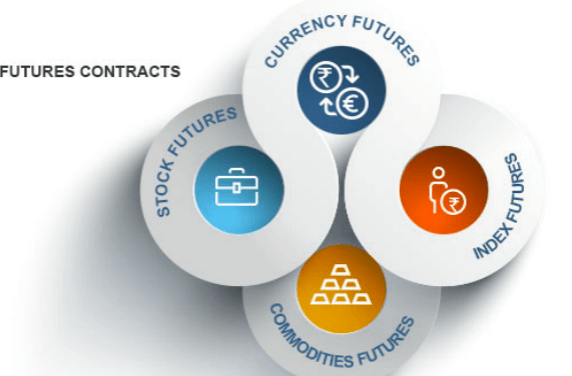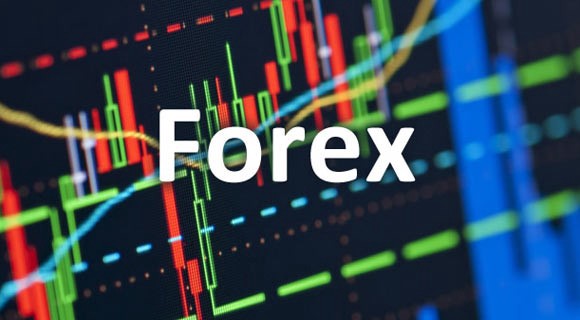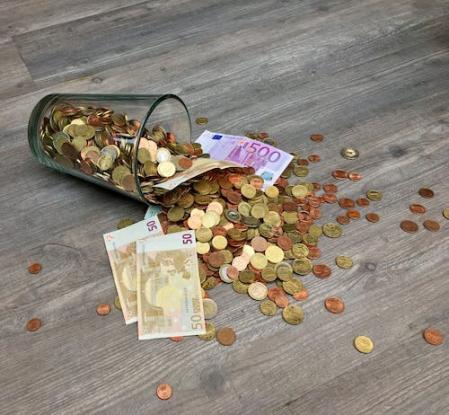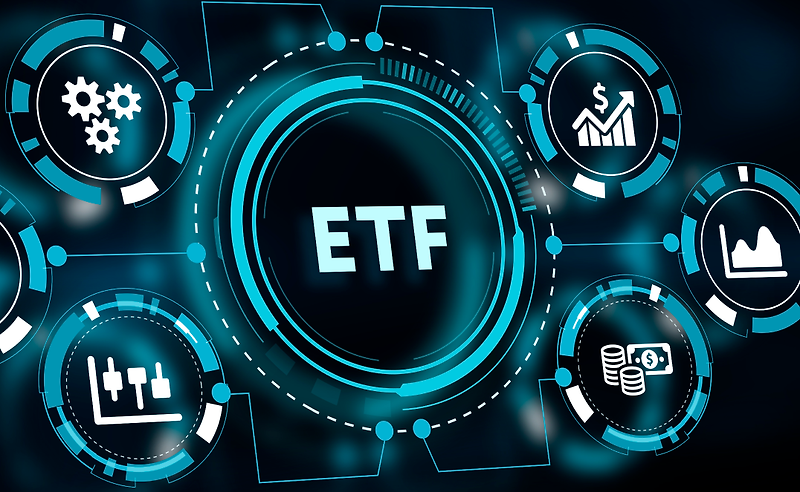
The stock index futures contract is a standardized agreement formulated by the exchange and is the object of stock index futures trading. The contents of stock index futures contracts need to be clarified in advance before trading, and generally include the following contents:
(1) Contract multiplier and contract value
The subject matter of a stock index futures contract is a series of stock price indices that represent the total level of the stock price. Since the underlying object has no natural unit, the total level of the stock price can only be expressed by the product of the index points and the multiplier of a certain monetary amount. The multiplier indicates the price represented by each index point and is called the contract multiplier.
The contract multiplier is a multiplier that converts a stock price index denominated in "points" into a financial asset denominated in currency. The contract value is equal to the contract index price multiplied by the contract multiplier. Due to the difference in index points and contract multipliers, the value of stock index futures contracts on major global exchanges is also different. The size of the contract value is related to the level of the target index and the size of the standard contract multiplier. For example, if the stock index is 300 points and the multiplier is $500, the contract value will be 300 x 500 = $150,000. When the stock index rises to 1,000 points, the contract value becomes 1,000 × 500 = $500,000.
(2) Minimum price change
The minimum price change of a stock index futures contract refers to the smallest unit of each quotation change in stock index futures trading, which is usually expressed in points of the target index. The index quoted by the investor must be an integer multiple of the minimum change price, and the contract value must also be an integer multiple of the minimum change value specified by the exchange. For example, the minimum price change of the S&P 500 index futures contract is 0.1 point, and it is only valid for trading at 1478.2 or 1478.3, while the quotation at 1478.25 is invalid.

(3) Daily price fluctuation limit
In order to prevent panic and speculative frenzy in the market, and to limit too much trading losses in a single trading day, some exchanges regulate the maximum rise or fall limit of contract value in a single trading day, which is the price limit. The stock index price can only be traded within the range of the price limit, otherwise trading will be suspended.
If there is a situation of trading at the price limit, subsequent transactions are only allowed within this range. If there is a limit up/down for several consecutive days, trading will be suspended. Not all exchanges adopt price limit restrictions. For example, Hong Kong's Hang Seng Index futures trading and the UK's Financial Times 100 index futures trading do not have such regulations.

(4) Contract month and trading hours
The contract month of stock index futures refers to the month in which the stock index futures contract expires and settles. The contract months of stock index futures in certain countries are March, June, September and December as cycle months.
The trading time of stock index futures is the time when the stock index futures trading can be carried out as regulated by the futures exchange. The regulated trading hours of some exchanges are 5 days a week and closed on Saturdays, Sundays and national statutory holidays. Some exchanges have implemented round-the-clock trading.
(5) Position limit
Some exchanges regulate the maximum position limit for investors. The purpose of setting the maximum position limit is to prevent a small number of investors with strong capital from manipulating or affecting the market by virtue of their excess positions. In order to detect and monitor the movements of large investors with strong capital, some exchanges also set up a declaration system for large positions. For example, the Hang Seng Index futures contract in Hong Kong has regulations in this regard.
(6) Last trading day and last settlement day
The last trading day of stock index futures refers to the last day that stock index futures can be traded in the contract expiry month; the final settlement day of stock index futures contracts refers to the day when stock index futures are actually settled in cash in the contract expiry month. It should be pointed out that the last trading day and the last settlement day are not necessarily at the end of each month.
(7) Settlement method and delivery settlement price
In stock index futures trading, most exchanges use the closing price of futures trading on that day as the settlement price of the day. There are also some exchanges that do not use this method, like the IBEX-35 stock index futures contract of the Spanish Derivatives Exchange (MEFFRW). Final Settlement Price is the last settlement price of a stock index futures contract on the final settlement day, and it is the basis for cash delivery of open contracts.




